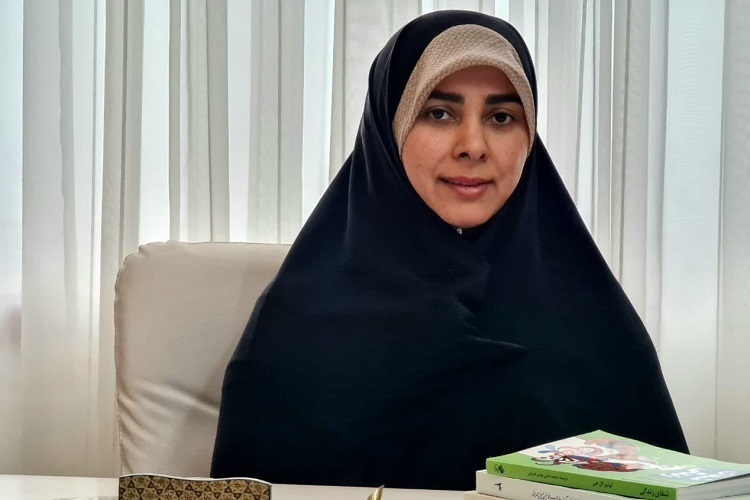Cultural Traditions, Misinterpretation Hinder Muslim Women’s Rights: Researcher

Zohreh Sedaqat, an Iranian scholar specializing in women's studies, says the core teachings of Islam recognized significant rights for women from the very beginning, but the full implementation of these rights has faced obstacles throughout history—and continues to do so today.
Speaking to IQNA, Sedaqat noted, "Islam was progressive for its time, granting women rights to property ownership, financial independence, education, choice in marriage, and participation in public life."
However, she added that various factors have prevented these rights from being fully realized. "Some of these challenges stem from patriarchal structures and restrictive interpretations of religious texts. Others arise from cultural conditions specific to individual societies," she explained.
Read More:
The disconnect between authentic Islamic sources and the lived experiences of many Muslim women, she argued, reflects a broader issue. "One of the biggest challenges is the misinterpretation of Islamic teachings. Certain individuals or groups tend to selectively and male-centrically interpret religious concepts," Sedaqat said.
She also pointed out that "many discriminatory practices rooted in non-religious traditions are wrongly justified in the name of religion." As a result, she stressed the need for what she called an ijtihadi (independent reasoning-based) re-examination of Islamic texts and a cultural shift in how women are perceived. "This is a critical step forward for Islamic societies," she said.
When asked about the most pressing concerns for Muslim women today, Sedaqat pointed to issues such as religious identity in the modern world, achieving gender justice, and securing equal participation in development.
"The most effective response is education and empowering women in religious, legal, and social matters," she emphasized.
Read More:
In addition to education, Sedaqat proposed further steps, including reinterpreting religious texts related to women based on principles of justice and reason, creating legal and cultural frameworks that enable women to engage in management, politics, and public life, supporting intergenerational dialogue, and strengthening family-centered participation that acknowledges the central role of women in society.
These efforts, she noted, are essential for aligning Islamic values with contemporary challenges and ensuring women are not deprived of the rights Islam intended for them.
4282877



